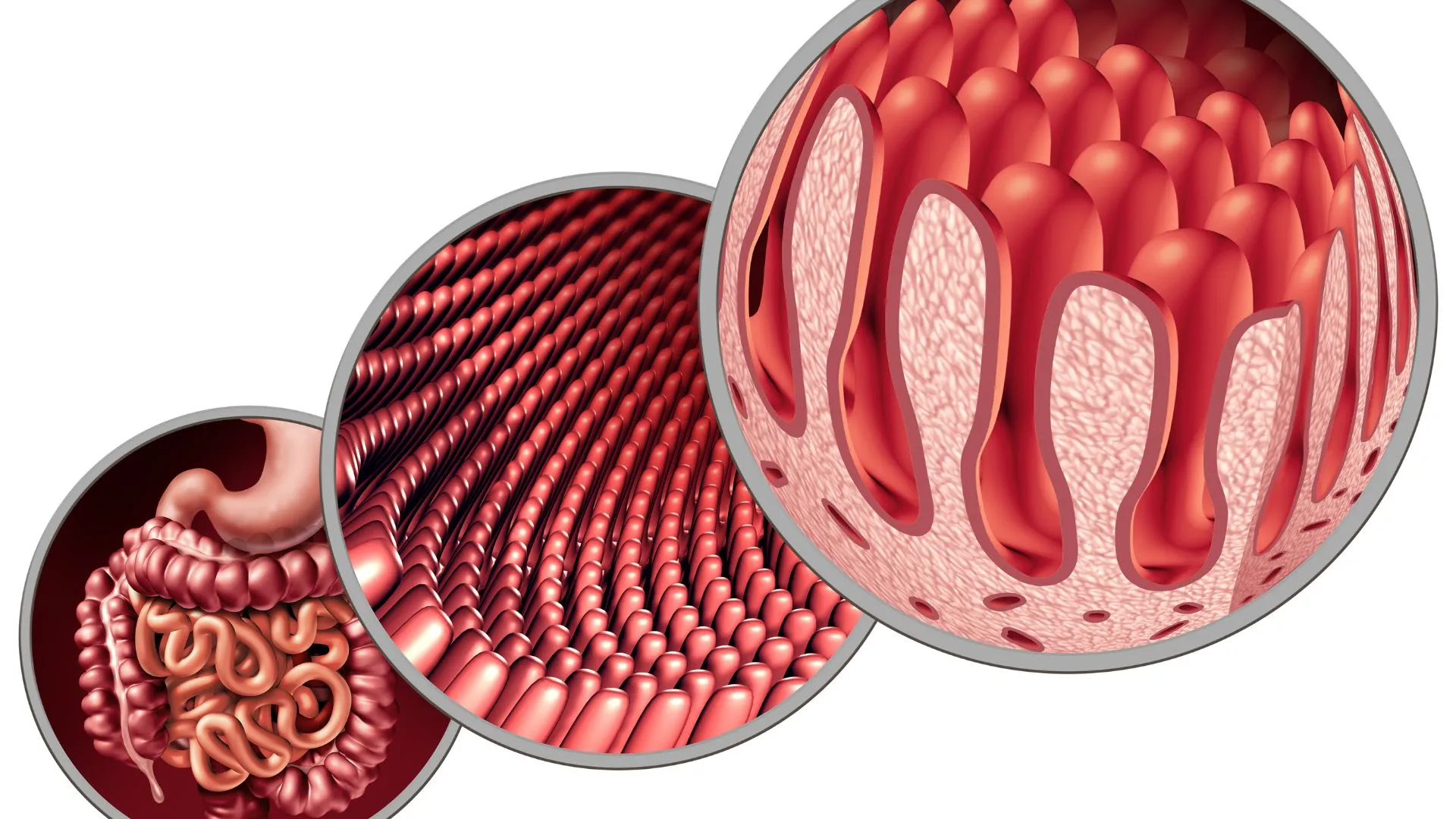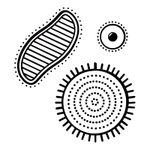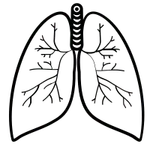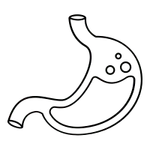Leaky gut syndrome is a digestive disorder that may lead to severe symptoms. Candida yeast overgrowth has been associated to a number of gastrointestinal conditions, including Crohn’s disease, ulcerative colitis, and celiac disease. Also, because of the inflammation and weakness that this illness brings to the intestinal lining, the gut becomes more porous, or less able to filter out things. This may lead to food sensitivities and allergies by letting things past the digestive tract that shouldn’t be there.
Intestinal Permeability is another name for this issue. Certain nutrients from meals may be absorbed by the bloodstream via the intestinal walls. Problems arise, however, if additional chemicals that are toxic or not supposed to travel through the gut are allowed to do so.

Symptoms and Diseases Linked to Leaky Gut
Leaky gut syndrome has been associated with a wide range of severe medical conditions. Many of these illnesses may not directly be attributable to leaky gut, but it is plausible that this intestinal permeability has contributed to their onset.
- Allergies
- Gastric ulcers
- Diarrhea or constipation
- Irritable Bowel Syndrome (IBS)
- Inflammatory bowel diseases (Crohn’s, ulcerative colitis)
- Small Intestine Bacterial Overgrowth (SIBO)
- yeast infections
- overgrowth of Candida
- Celiac disease
- Esophageal and colorectal cancer
- Frequent infections
- Acute inflammation
- Chronic inflammatory conditions (such as arthritis)
- Thyroid disorders
- Obesity-related metabolic diseases (fatty liver, Type II diabetes, heart disease)
- Autoimmune disease (lupus, multiple sclerosis, Type I diabetes, Hashimoto’s)
- Parkinson’s disease
- Chronic fatigue syndrome
These symptoms are shared by a wide variety of diseases, which has led many doctors to conclude that leaky gut is a contributing factor. It is unclear if LGS is a cause or symptom of the aforementioned conditions; nonetheless, it has been associated to IBS, Crohn’s disease, celiac disease, diabetes, and food allergies. A research that was examined and accepted by experts found that an increased intestinal permeability may play a role in the onset of inflammatory bowel disease.
Leaky gut syndrome: Diseases and Disorders
Intestinal permeability is a likely contributor to the following diseases and disorders.
Food Intolerances and sensitivities:
Your immune system goes into overdrive attempting to ward off “foreign invaders” when it detects food particles in your circulation via leaky intestines. In other words, your immune cells are always working to protect you from harmful pathogens by making new and different antibodies. This makes you more vulnerable to the antigens in foods like gluten and dairy. Researchers have shown that dietary allergens may cause allergies through increasing intestinal mucosal permeability owing to a weakening of the tight junctions in the intestines. This is particularly true in youngsters.
Intestinal inflammation (Inflammatory Bowel Disease):
People with both IBS (irritable bowel syndrome) and ulcerative colitis seem to have an increase in intestinal permeability. One study even found that Crohn’s patients had a greater rate of leaky gut than the general population. Chronic inflammation may be to blame for the deterioration of the intestinal lining, which may explain why this occurs.
Autoimmune Diseases (Immune-related illness):
Inflammatory Skin Conditions:
Candida Overgrowth:
Candida albicans is a kind of yeast found naturally in the human body. Candida cells are harmless in their yeast state, but they transform into a dangerous fungus when they start to produce hyphae. These limbs penetrate the protective intestinal wall, causing inflammation and leakage of potentially toxic chemicals. Candida panel lab test assesses for elevated IgG antibodies to candida, which may suggest either a recent or current fungal infection. The Candida Panel measures levels of various antibodies to Candida, such as IgG, IgA, and IgM.
If you have leaky gut, what’s the quickest method to fix it?
Since leaky gut is not yet a recognised medical illness, there are currently no FDA-approved treatments available to address the issue. Most doctors would suggest treating the underlying problem that led to the diagnosis of leaky gut, rather than the symptom itself. Anti-inflammatory medicines, immune system suppressors, antibiotics, pain relievers, and vitamins to help the lining of the gut heal are typical treatments for IBD. Anticholinergic medicines, tricyclic antidepressants, antibiotics, or drugs especially for IBS may help lessen symptoms if irritable bowel syndrome is the diagnosis.
Natural Health Clinic: Healthy Gut Program
Are you looking for a way to improve your overall health and wellness? If so, joining the Healthy Gut Program is the perfect way to get started, developed by Naturopathic Doctor in Grimsby, this comprehensive program focuses on educating and helping people achieve a healthy gut environment. Through simple but effective lifestyle changes and strategies, the Healthy Gut Program helps to restore your gut microbiome balance for improved health and well-being. Leaky Gut Syndrome may heal along with the Candida overgrowth.
Naturopathic Medicine (ND) Holistic Approach: Healthy Gut
Foods that are Dangerous to your Gut Lining:
If your doctor suspects that you have leaky gut, they may suggest making changes to your diet, such as eliminating inflammatory foods that may affect your gut flora. Make sure that you’re getting enough fibre in your diet, and that it comes from a source that is easy on your digestive system. Even if you can’t afford to consume solely organic foods, you can help the environment by supporting local farmers and consuming less processed foods.
An anti-inflammatory diet is strongly suggested. Substitute gut-repairing healing meals and supplements for inflammatory ones. Avoid foods such as:
- Processed foods
- High-fat foods
- Refined oils
- High-sugar foods
- Foods that may trigger allergies or sensitivities, such as gluten or dairy
- Alcohol
Repair Gut Lining with research-backed supplements like L-glutamine:
Microbiome of the GI Track that produces Probiotics:
In conclusion,Leaky Gut Syndrome and Candida are both serious health conditions that can have serious repercussions left untreated. It is important to recognize the symptoms and seek help from a qualified Naturopathic Doctor. A Naturopath can provide treatments that are individualized for each patient, as well as dietary and lifestyle advice to help restore balance to the body. With natural treatments and lifestyle modifications, Leaky Gut Syndrome and Candida can be managed with minimal disruption to your life.
Lab Tests
We provide different types of lab tests
which can help you to understand what is
happening to your body.
Health Programs
We offer numerous programs,
all dedicated to helping you lead a
healthier lifestyle.












